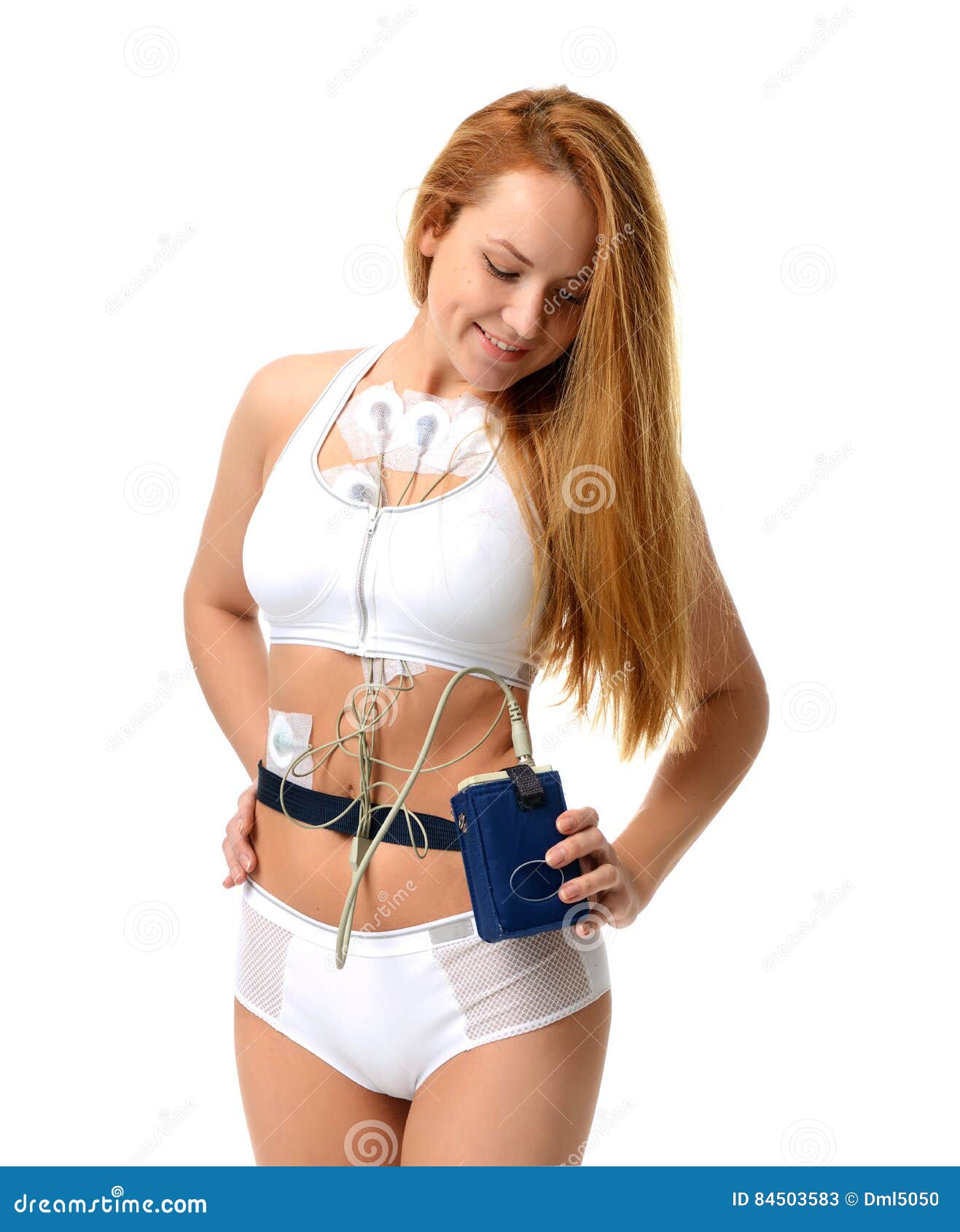
Woman Wearing Holter Monitor Device for daily Monitoring of an E Stock Image Image of
Here are some restrictions (things you can't do) while wearing the Holter Monitor: 1. Keep Your Holter Monitor Dry - Skip Showering For a Day. . You must keep the monitor dry since the monitor is an electronic device. Water damage hampers its functioning, leading to inaccurate results. It is best to skip showering or swimming for the.

BODYGUARDIAN MINI HEART MONITOR REVIEW, CHRONIC ILLNESS VLOG, MY EXPERIENCE WITH THE HEART
Nevertheless, here are some things you should definitely avoid doing when wearing a Holter monitor: Avoid places or objects that may radiate high-voltage currents. Do not get near any magnets, or let a magnet find its way near the monitor box. Do not get the Holter monitor wet. Keep everyday electronic items at least 6 inches away from the.

HOLTER MEETING Insight Cardiac Services
A Holter monitor is a battery operated wearable monitor that continuously records the electrical heart tracings (known as EKG's) over 24-48 hours. The Holter monitor can be worn throughout normal daily activities. The Holter monitor test is useful in picking up heart rhythm problems. In medical terms we call Holter monitoring a form of.

Holter Monitor Instructions Physicians Ancillary Systems
Cardiac event monitor vs. Holter monitor. If you're having frequent symptoms, your provider will ask you to use a Holter monitor, which is a device that records your heart rhythm continuously for 24 to 48 hours. If your provider gets enough information from the Holter monitor to diagnose you, you won't need to try a cardiac event monitor.
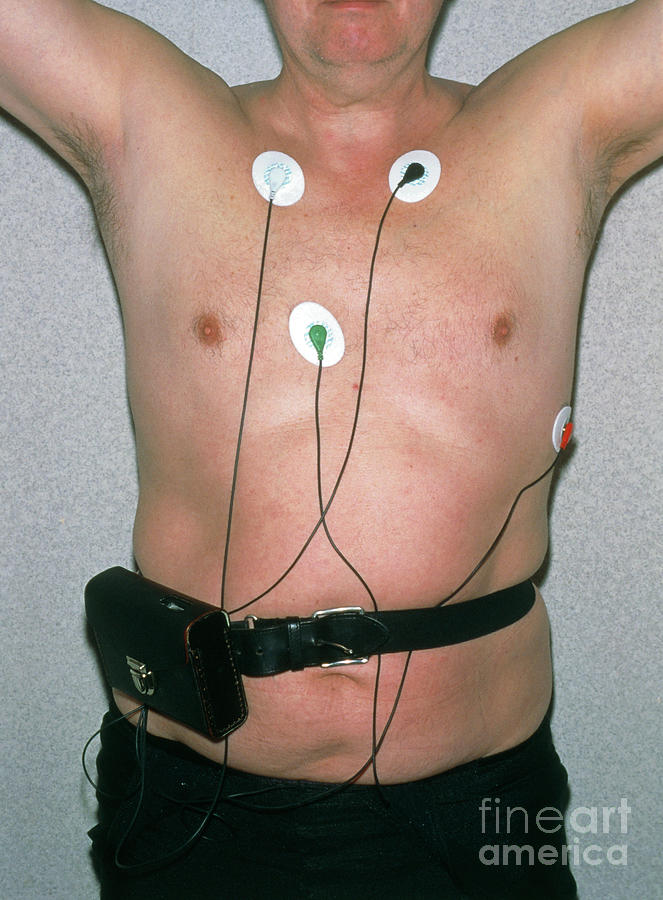
Patient Wearing Holter Monitor Photograph by Jane Shemilt/science Photo Library Pixels
Here's how each monitor can help you and what you need to know. Holter Monitor. A Holter monitor records your heart activity nonstop for a day or two. You wear it as you go about your usual.

Holter monitor uses, instructions, preparations and Holter monitor results
A Holter monitor is a battery-operated portable electrocardiogram (ECG or EKG) device that measures and records your heart's activity for 24 to 48 hours or longer depending on the type of monitoring used. The device is the size of a small camera on a strap worn around the shoulder, neck or waist. It has wires with small discs (electrodes.
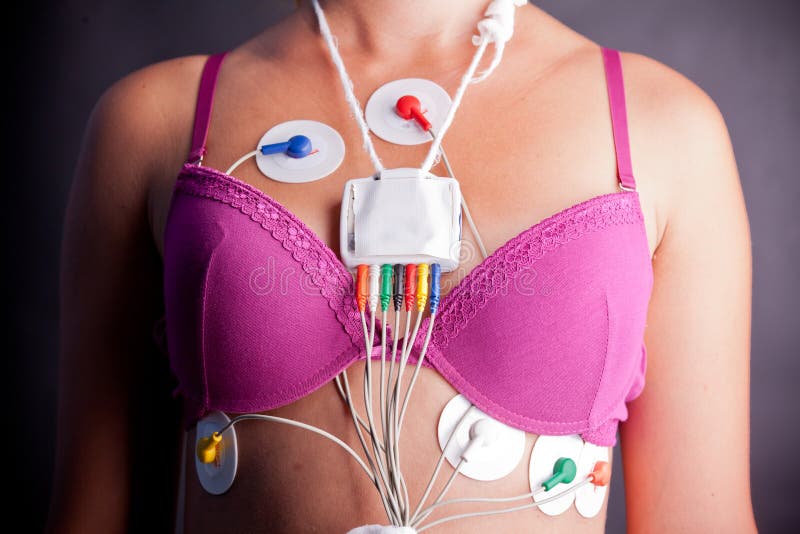
Woman Wearing A Holter Heart Monitor Stock Photo Image 32917238
Holter monitor. A Holter monitor is a small device designed to detect and analyze abnormal heartbeat, also known as arrhythmias. Traditional electrocardiograms may not provide enough information about the condition of the heart, so the doctor may ask you to wear a Holter monitor. Overall, Holter monitors are reliable and non-risky devices.

Holter Monitoring Test YouTube
A Holter monitor is a device you wear when you're having issues with your heart. An electrocardiogram only captures a tiny snippet of your heartbeat and can miss skipped beats and other problems. Our team may recommend a Holter monitor if they need more information about your heart health that they couldn't get from the ECG alone.
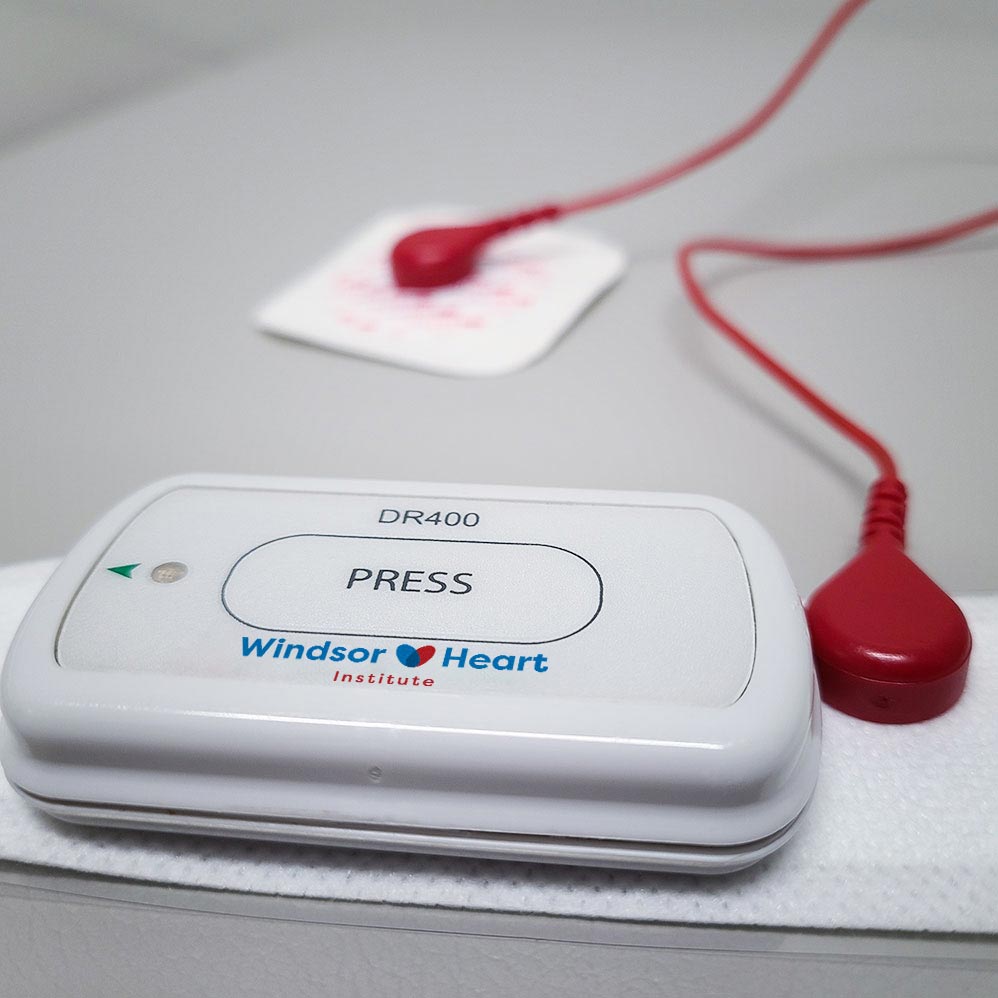
Holter/Loop Monitor From Home Windsor Heart Institute
3. Pick up the monitor. When you go to pick up your monitor for the first time, the technician may put it on for you. If they do, they will place sticky patches called electrodes onto your skin that plug into the monitor. [6] If the technician does not help you put on the monitor, you will have to attach it yourself.

Cómo usar un monitor Holter 12 Pasos (con imágenes)
A Holter monitor is a painless test that records your heart's electrical activity continuously, usually for 1-2 days. A Holter monitor is a longer version of an EKG (electrocardiogram). A Holter monitor is only one method clinicians use to monitor and diagnose heart conditions.Talk with your doctor about all the options for evaluating heart health to understand which ones are right for you.

Woman Wearing Holter Image & Photo (Free Trial) Bigstock
You can hide the electrodes and wires under your clothes, and you can wear the recording device on your belt or attached to a strap. Once your monitoring begins, don't take the Holter monitor off —you must wear it at all times, even while you sleep. • While you wear a Holter monitor, you can carry out your usual daily activities.

Holter & Event Monitoring Specialist Naples Cardiac & Endovascular Center
A Holter monitor is a small device, about the size of a handheld camera, used to track a person's heartbeat. The device is worn consistently for 1-2 days and tracks every heartbeat during this time. The device is also called an ambulatory electrocardiogram (ECG). Typically, patients have results from the test in 1-2 weeks.

Holter Monitor
Wear a comfortable bra whose cup and straps will not overlap the areas where the electrodes will be placed. If you must shower during the 24 hours, you can remove the monitor for u p t o 5 5 m i n u t e ss before the monitor will stop recording permanently: 5 Completing Your Recording : Do not remove the monitor until 24 hours have passed..
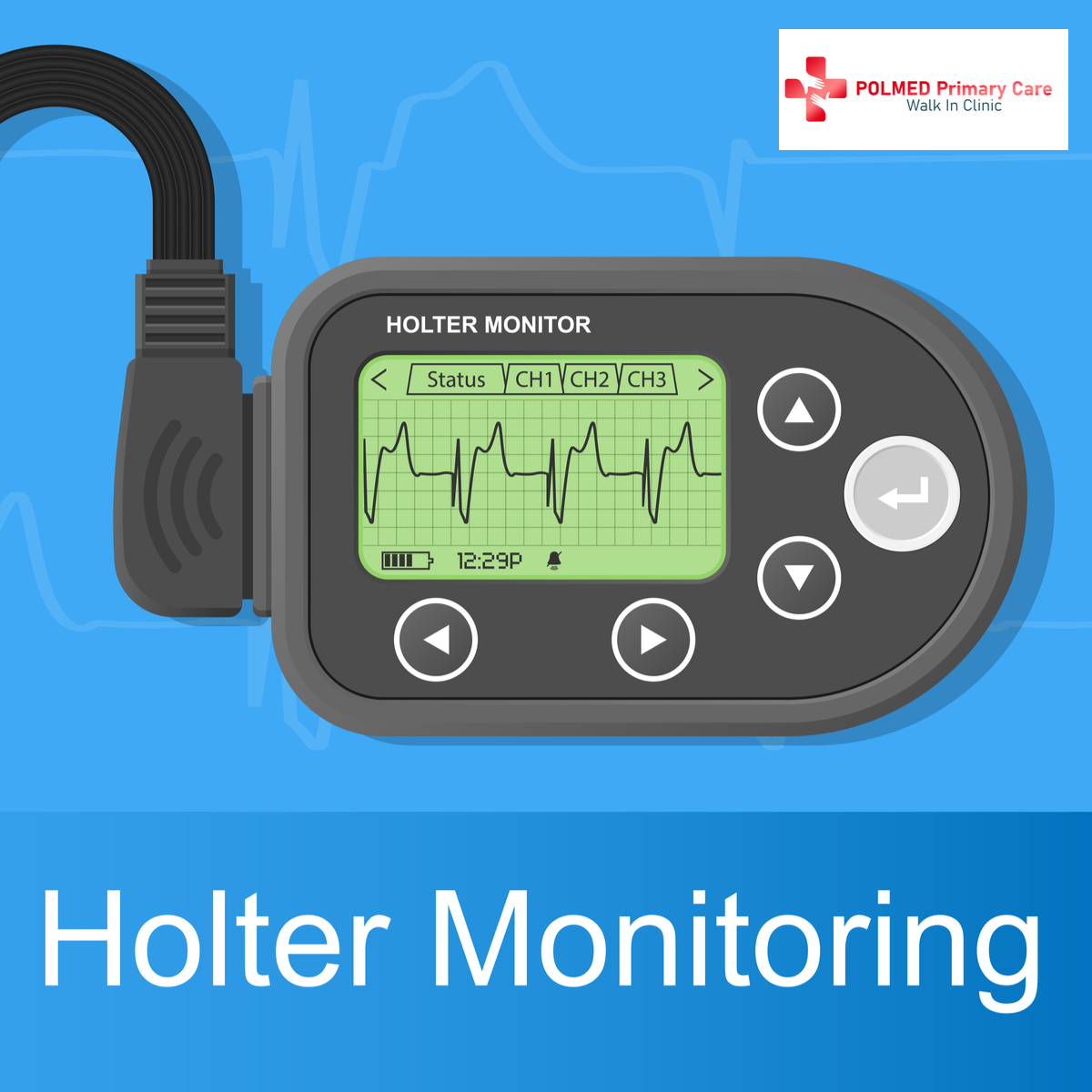
How Can a Holter Monitor Save Your Life and Promote Good Health?
Twenty-four hour Holter monitoring is a continuous test to record your heart's rate and rhythm for 24 hours. You wear the Holter monitor for 12 to 48 hours as you go about your normal daily.

Holter Monitoring Dr Johan Janssen
Since you will be wearing the Holter monitor for 24 to 48 hours only, it shouldn't be that difficult to adhere to the restrictions. Here are some things you can't do while wearing a Holter Monitor: Do Not Get the Holter Monitor Damp The Holter monitor is an electronic device, and exposing it to water can affect its function. This could lead.
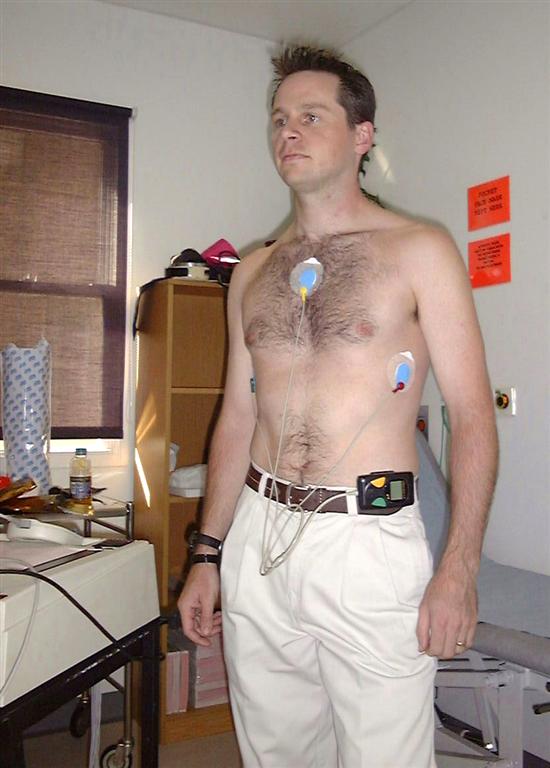
Can You Wear A Bra With A Holter Monitor mi3designers
A Holter monitor provides a picture of your heart's activity over 24 or 48 hours. It can help your provider diagnose the cause of a heart issue that doesn't show up on an EKG. You wear the Holter monitor while you go about your regular activities. It helps your provider figure out what's causing your heart flutters, racing heart or dizziness.